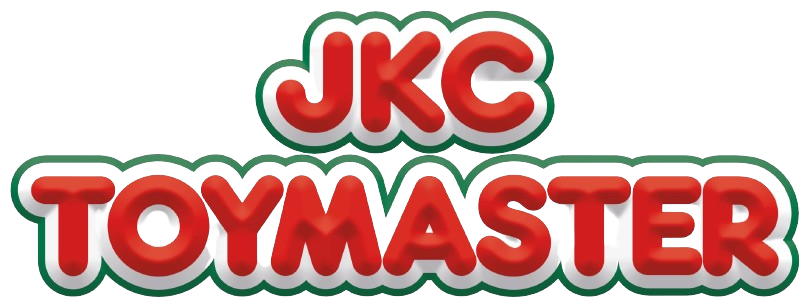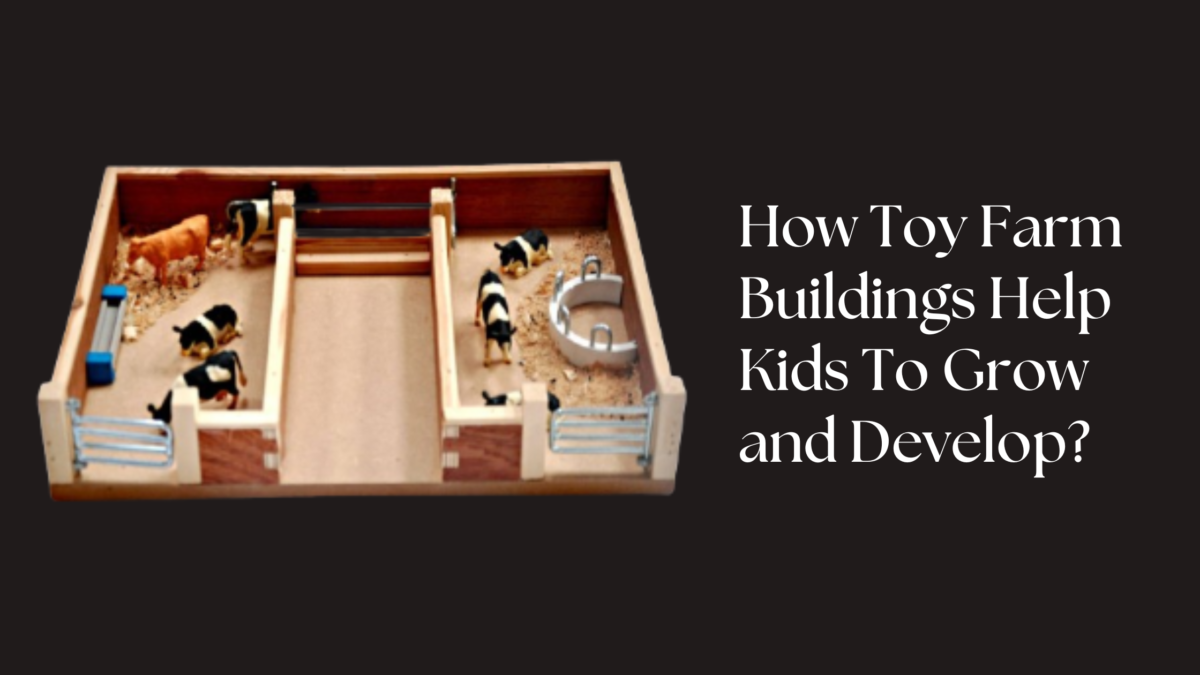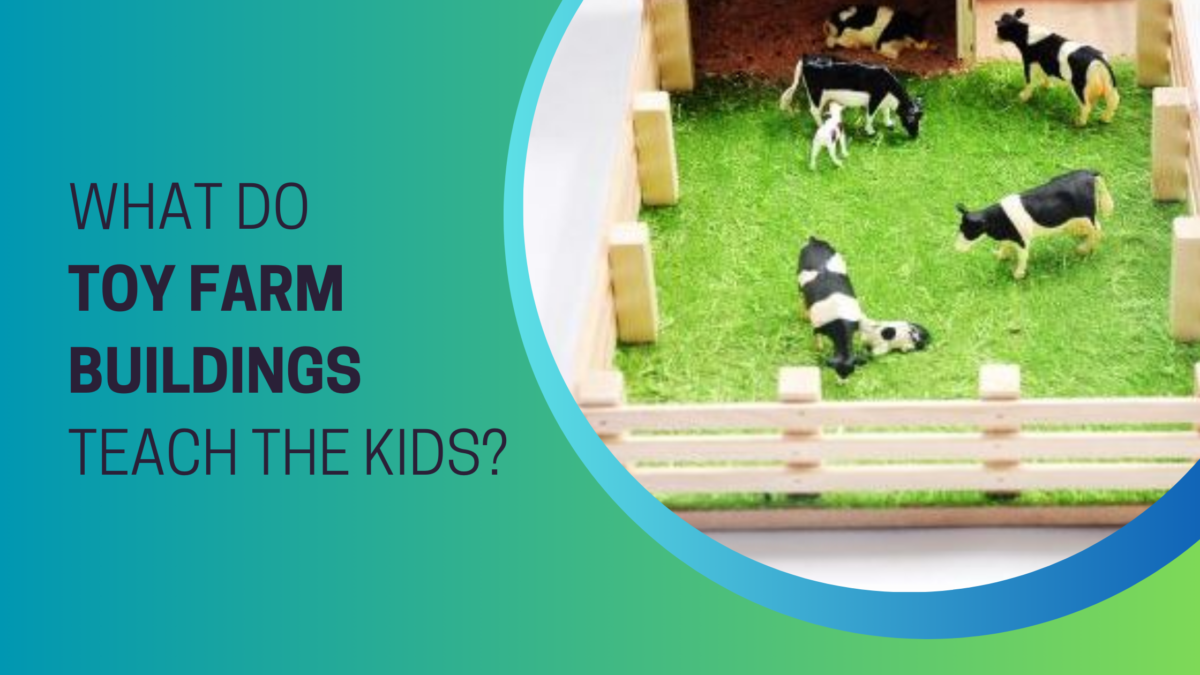A child’s toys are essential to their life because they support their development in a variety of ways. Toy farms are one kind of toy that has grown in popularity over time. These tiny doppelgängers of stables, barns, and other agricultural buildings are much more than just amusement. We will examine how Toy Farm Buildings affects kids’ growth and development in this blog, emphasizing the beneficial traits and abilities they instil.
-
Imaginative Play:
Children can play with Toy Farm Buildings to engage in imaginative play. Kids can explore the nuances of farm life by crafting their own stories through these miniature worlds. Through imaginative play, children develop their storytelling skills, problem-solving abilities, and creativity as they navigate a variety of scenarios.
-
Language and Communication:
A child’s language and communication skills can also be improved by playing with toy farm buildings. Children frequently use verbal communication to tell stories and convey ideas when they play pretend alone or with others. As kids learn to express themselves and converse with others, this type of play helps them grow their vocabulary and communication abilities.
-
Social and Emotional Development:
Children’s social development can be accelerated by play farm structures. Children who play cooperatively with their siblings or friends develop important life skills like sharing, sharing and taking turns. Furthermore, as kids assign roles and makeup stories that mimic actual events, playing with Toy Farm Buildings can support them in exploring and managing their emotions. Children can experiment with various roles, emotions, and social dynamics in a safe environment through this kind of play, which develops empathy and emotional intelligence.
-
Fine Motor Skills:
Playing with and organizing Toy Farm Buildings calls for the use of fine motor skills, which aid in the development of dexterity and hand-eye coordination in kids. Children’s motor skills develop as they work with the smaller components of the farm buildings, progressively strengthening and fine-tuning their grips. This tactile interaction helps them develop physically overall and gets them ready for older, more difficult tasks.
-
Understand the Environment & Nature:
Children get a special chance to learn about the environment, animals, and nature through play farm buildings. Children can learn the fundamentals of farm life, animal behaviour, and the significance of sustainable practices through play. An appreciation and empathy for animals and the environment can be developed by this early exposure to nature, preparing the next generation of responsible caregivers.
The development and growth of a child are significantly impacted by toy farm buildings. Through fostering imaginative play, enhancing language and communication skills, fostering social and emotional development, honing fine motor skills, and providing insights into the natural world, these toys provide an abundance of learning opportunities. Parents, teachers, and other caregivers must value these toys and encourage their use to assist kids on their path to holistic development.



 (067) 31391
(067) 31391
